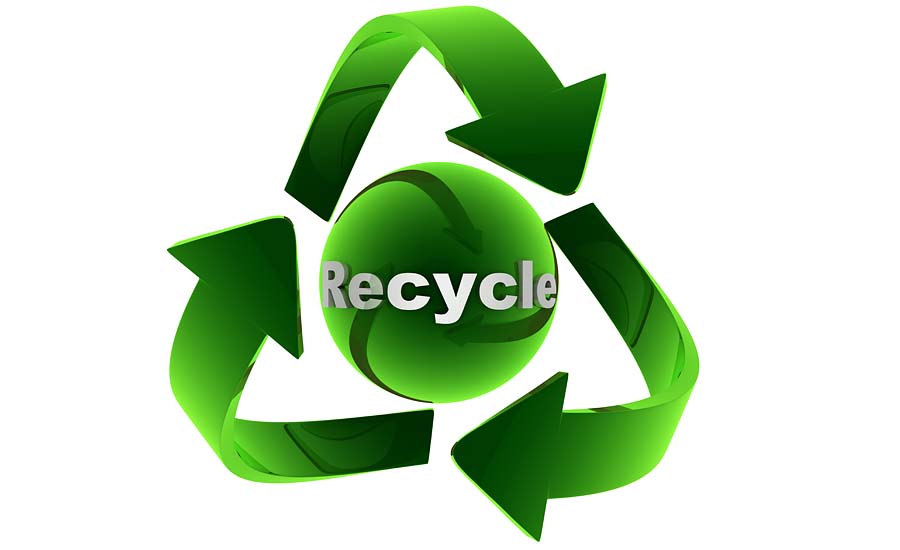Unilever, London, announced new commitments to reduce its plastic waste and help create a circular economy for plastics.
Unilever confirmed that by 2025, it will:
- Halve its use of virgin plastic by reducing its absolute use of plastic packaging by more than 100,000 tons and accelerating its use of recycled plastic.
- Help collect and process more plastic packaging than it sells.
This commitment makes Unilever what is said to be the first major global consumer goods company to commit to an absolute plastics reduction across its portfolio.
Unilever is already on track to achieve its existing commitments to ensure all plastic packaging is reusable, recyclable or compostable by 2025, and to use at least 25% recycled plastic in its packaging, also by 2025.
“Plastic has its place, but that place is not in the environment. We can only eliminate plastic waste by acting fast and taking radical action at all points in the plastic cycle,” says Alan Jope, chief executive officer. “Our starting point has to be design, reducing the amount of plastic we use and then making sure that what we do use increasingly comes from recycled sources. We are also committed to ensuring all our plastic packaging is reusable, recyclable or compostable. This demands a fundamental rethink in our approach to our packaging and products. It requires us to introduce new and innovative packaging materials and scale up new business models, like re-use and re-fill formats, at an unprecedented speed and intensity.”
Unilever’s commitment will require the business to help collect and process around 600,000 tons of plastic annually by 2025. This will be delivered through investment and partnerships designed to improve waste management infrastructure in many of the countries in which Unilever operates.
“Our vision is a world in which everyone works together to ensure that plastic stays in the economy and out of the environment,” adds Jope. “Our plastic is our responsibility, and so we are committed to collecting back more than we sell, as part of our drive toward a circular economy. This is a daunting, but exciting task, which will help drive global demand for recycled plastic.”






